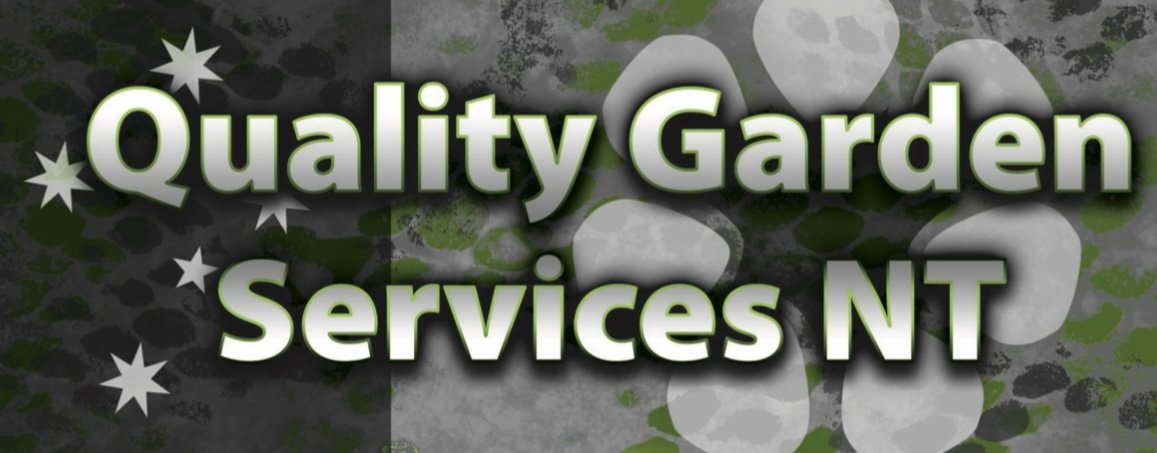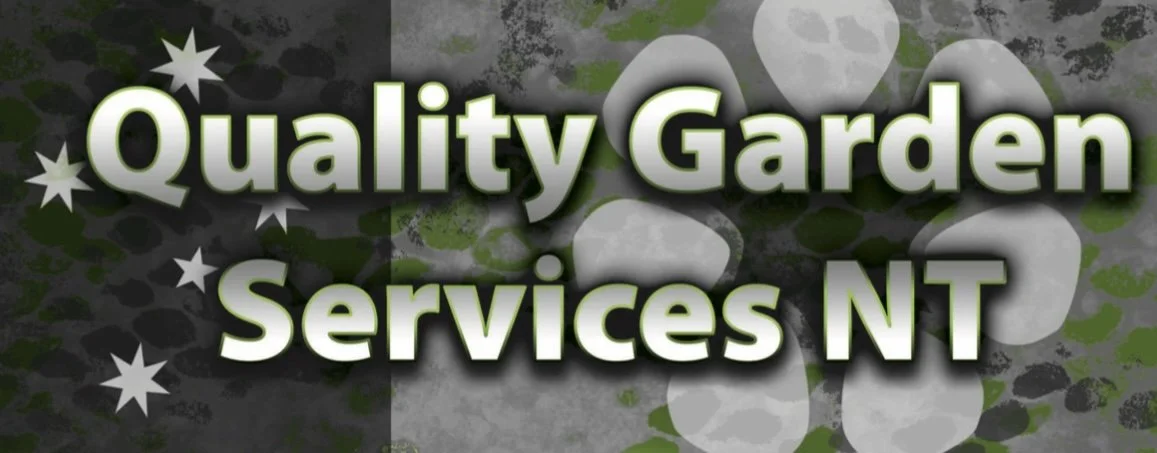Why Is Rainwater So Good for Lawns in Darwin?
Darwin, situated in the tropical north of Australia, is a unique place when it comes to lawn care and garden maintenance. The climate, with its distinct wet and dry seasons, plays a significant role in how lawns thrive. Rainwater, especially during the wet season, is a blessing for lawns and gardens in this region. If you’ve ever noticed how your lawn flourishes after a good downpour, you’re not imagining things—rainwater has properties that make it far superior to bore water or treated town water for lawn care.
In this blog post, we’ll explore why rainwater is so good for lawns in Darwin, the challenges of bore and town water, and how you can improve the quality of water from these sources to better care for your lawn.
Why Is Rainwater So Good for Lawns?
Rainwater is often considered the gold standard for watering lawns and gardens. It’s not just a matter of availability; rainwater has specific characteristics that make it uniquely suited for promoting healthy plant growth.
Below, we’ll look at the reasons why rainwater is so beneficial to lawns in Darwin:
1. Naturally Soft Water
Rainwater is naturally soft, meaning it has low levels of dissolved minerals, such as calcium and magnesium. These minerals, while not harmful in small amounts, can build up in the soil over time when using hard water sources like bore water or town water. Excessive mineral buildup can affect soil structure, reduce its permeability, and make it harder for grass roots to absorb water and nutrients.
Soft rainwater, on the other hand, is free from these minerals, allowing it to penetrate the soil more effectively. This ensures your lawn gets the water it needs at the root level, promoting lush, healthy growth.
2. Free from Added Chemicals
Unlike town water, which is treated with chlorine, chloramines, and sometimes fluoride to make it safe for drinking, rainwater is free from these added chemicals. While these additives are great for human consumption, they can have detrimental effects on lawns and soil health. Chlorine, for example, can kill beneficial microorganisms in the soil that help decompose organic matter and release nutrients for plant uptake.
Rainwater preserves this delicate soil ecosystem, allowing your lawn to thrive naturally.
3. Perfect pH Balance
Rainwater typically has a slightly acidic pH, averaging around 5.5 to 6.5. This is ideal for most grasses and plants, which prefer mildly acidic to neutral soil conditions. In contrast, bore water in Darwin often has a higher pH due to its mineral content, which can lead to alkaline soil over time. Alkaline soil can lock up essential nutrients, making them unavailable to your lawn and leading to nutrient deficiencies.
4. Contains Nitrogen
Rainwater contains dissolved nitrogen in the form of nitrates, which are a natural fertilizer for plants. Nitrogen is an essential nutrient for grass growth, giving it that vibrant green color and promoting healthy leaf development. When it rains, your lawn gets a free dose of this natural fertilizer, which is why you often see immediate improvement in its appearance after a downpour.
5. Efficient Watering
Rainfall provides uniform watering that penetrates deeply into the soil. Unlike sprinklers or hand watering, which can be uneven and lead to runoff or shallow watering, rain saturates the ground, encouraging deep root growth. This makes your lawn more resilient during the dry season, as deeper roots can access moisture stored lower in the soil profile.
Challenges of Bore Water and Town Water in Darwin
While rainwater is ideal, relying on it exclusively isn’t practical in Darwin, especially during the long dry season. Most homeowners and businesses use bore water or town water for their lawns during this time.
However, both of these water sources come with their own challenges:
1. Bore Water
Bore water is widely used in Darwin due to its availability and cost-effectiveness, but it can pose several problems for lawns:
High Mineral Content: Bore water often contains high levels of dissolved minerals like calcium, magnesium, and sometimes iron. Over time, these minerals can accumulate in the soil, leading to compaction, poor drainage, and nutrient imbalances.
Salinity: Many bore water sources in the Northern Territory have elevated salt levels. Salt buildup in the soil can harm grass by interfering with water absorption and causing root dehydration.
Alkalinity: Bore water in Darwin is frequently alkaline, which can raise the soil’s pH over time, making nutrients like phosphorus, iron, and manganese less available to plants. This can lead to yellowing grass (chlorosis) and reduced growth.
2. Town Water
Town water, sourced from the Darwin River Dam, is treated to make it safe for drinking. While this makes it safe for humans, it’s not always ideal for lawns:
Chlorine and Chloramines: The chemicals used to disinfect town water can harm soil microorganisms, reducing the soil’s natural fertility over time.
Cost: Unlike rainwater or bore water, using town water for lawn irrigation can be expensive, especially during prolonged dry periods.
Hardness: While not as hard as bore water, town water in Darwin still contains some dissolved minerals that can contribute to soil issues over time.
Improving Bore Water and Town Water for Lawn Care
If rainwater isn’t always an option, there are ways to improve the quality of bore water and town water to make them more suitable for your lawn.
Here are some practical steps you can take:
1. Test Your Water and Soil
Before making any changes, it’s important to understand the specific issues with your water and soil. Testing kits for pH, salinity, and mineral content are readily available, or you can hire a professional to conduct a more detailed analysis. Knowing the condition of your water and soil will help you decide on the best course of action.
2. Use Soil Conditioners to Combat Hard Water
For lawns affected by the high mineral content of bore water, applying soil conditioner can help. Soil conditioner improves soil structure by breaking down compacted clay and displacing excess sodium, which can be a problem in saline bore water. This allows water to penetrate the soil more effectively and helps roots access nutrients.
3. Install a Water Filtration System
For both bore and town water, installing a filtration system can significantly improve water quality. Filters can remove chlorine, chloramines, and some dissolved minerals, making the water gentler on your lawn. For bore water specifically, a reverse osmosis system can be used to reduce salinity and alkalinity.
4. Collect and Store Rainwater
Since rainwater is the best option for lawns, consider installing rainwater tanks to collect and store it during the wet season. This allows you to use rainwater during the dry season when natural rainfall is scarce. Even a small rainwater tank can make a big difference in reducing your reliance on bore or town water.
5. Acidify Alkaline Water
If you’re dealing with alkaline bore water, adding a soil acidifier or a liquid acid like diluted vinegar can help lower the water’s pH. This prevents the soil from becoming too alkaline and ensures nutrients remain available to grass roots. However, this should be done cautiously, as over-acidifying water can harm your lawn.
6. Use Wetting Agents
Wetting agents can help improve water penetration in soils affected by mineral buildup or compaction. These agents reduce the surface tension of water, allowing it to spread more evenly and reach the root zone. This is especially useful if you’re using bore water, which can exacerbate soil hydrophobicity.
7. Mulch and Organic Matter
Adding organic matter like compost or mulch to your lawn can help mitigate the effects of poor-quality water. Organic matter improves soil structure, increases its ability to hold water, and buffers against pH imbalances caused by alkaline water. It also supports beneficial microorganisms that can break down harmful compounds in the soil.
8. Regular Soil Aeration
Compacted soil is a common issue in Darwin due to the heavy clay content and the effects of hard water. Aerating your lawn regularly (using a manual or mechanical aerator) allows water, air, and nutrients to penetrate the soil more effectively, promoting healthier grass growth.
The Bigger Picture: Sustainable Water Use in Darwin
Water is a precious resource, especially in a region like Darwin, Palmerston and Humpty Doo, where climatic extremes make careful management essential. By understanding the benefits of rainwater and taking steps to improve the quality of bore and town water, you can maintain a healthy, green lawn while minimizing your environmental impact.
Some additional strategies to consider include:
Smart Irrigation Systems: Invest in irrigation systems that monitor soil moisture and weather conditions to optimize watering schedules. This prevents overwatering and reduces water waste.
Native and Drought-Tolerant Grass Varieties: Consider planting grass species that are better adapted to Darwin’s climate, such as zoysia or buffalo grass. These varieties require less water and are more resistant to salt and drought conditions.
Regular Maintenance: Keep your lawn healthy by mowing at the correct height, fertilizing appropriately, and addressing any pest or disease issues promptly.
Conclusion
Rainwater is a natural gift for lawns in Darwin, providing soft, chemical-free hydration that promotes healthy growth. While bore water and town water are necessary alternatives during the dry season, they come with challenges like high mineral content, salinity, and added chemicals. By testing your water and soil, using filtration systems, and adopting strategies like gypsum application and rainwater collection, you can improve water quality and maintain a vibrant, green lawn year-round.
As a turf management and garden maintenance professional in Darwin, Quality Garden Services NT play a crucial role in helping homeowners and businesses make the most of these water sources. By leveraging the benefits of rainwater and addressing the challenges of bore and town water, we can ensure that lawns across Darwin thrive, no matter the season.
We provide comprehensive services including lawn care, pruning, weed control, mulching, turf management and irrigation checks, all tailored to your property’s specific needs. Our team of experienced professionals is dedicated to keeping your property in top condition year-round, regardless of the season. We’re not just about making your garden look good—we’re about creating a lasting impression for your clients, residents, and visitors.
If you’re in Darwin, Palmerston, Humpty Doo or the rural areas and looking for reliable, trusted garden & grounds maintenance services, look no further than Quality Garden Services NT.
We specialize in turf management, grounds maintenance, and garden care in Darwin and the Northern Territory.
Contact us today (0498649535) to learn more about how wetting agents can transform your lawn!
At Quality Garden Services NT, we understand how important it is to maintain a lush, healthy lawn and vibrant garden in Darwin’s unique climate.
Why Choose Us?
Choosing the right grounds maintenance and gardening service is crucial for the health and appearance of your property. Here’s why we stand out:
Local Expertise: Our team is familiar with the unique climate and soil conditions of the Darwin, Palmerston, Humpty Doo and surrounding areas. We know what works best for your gardens and lawns.
Quality Service: We are committed to delivering high-quality work. Our goal is to exceed your expectations, leaving you with well-maintained outdoor spaces.
Customer Satisfaction: Your satisfaction is our priority. We take the time to listen to your needs and tailor our services accordingly - be it for commercial or private properties.
Thank you for visiting our website!



